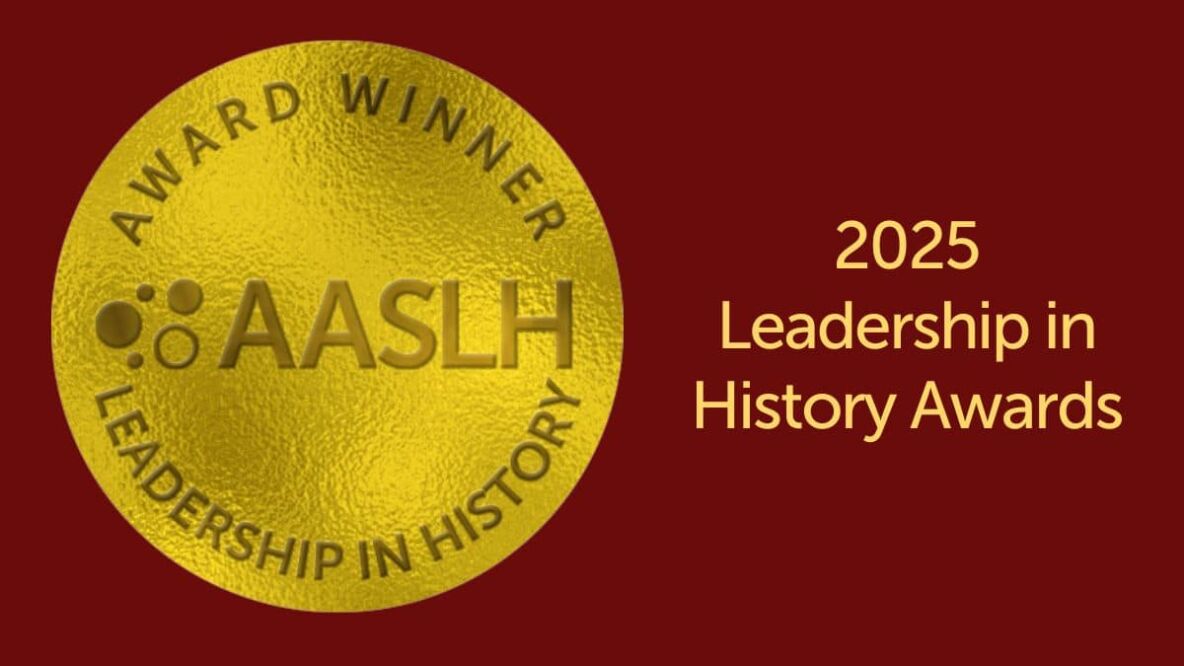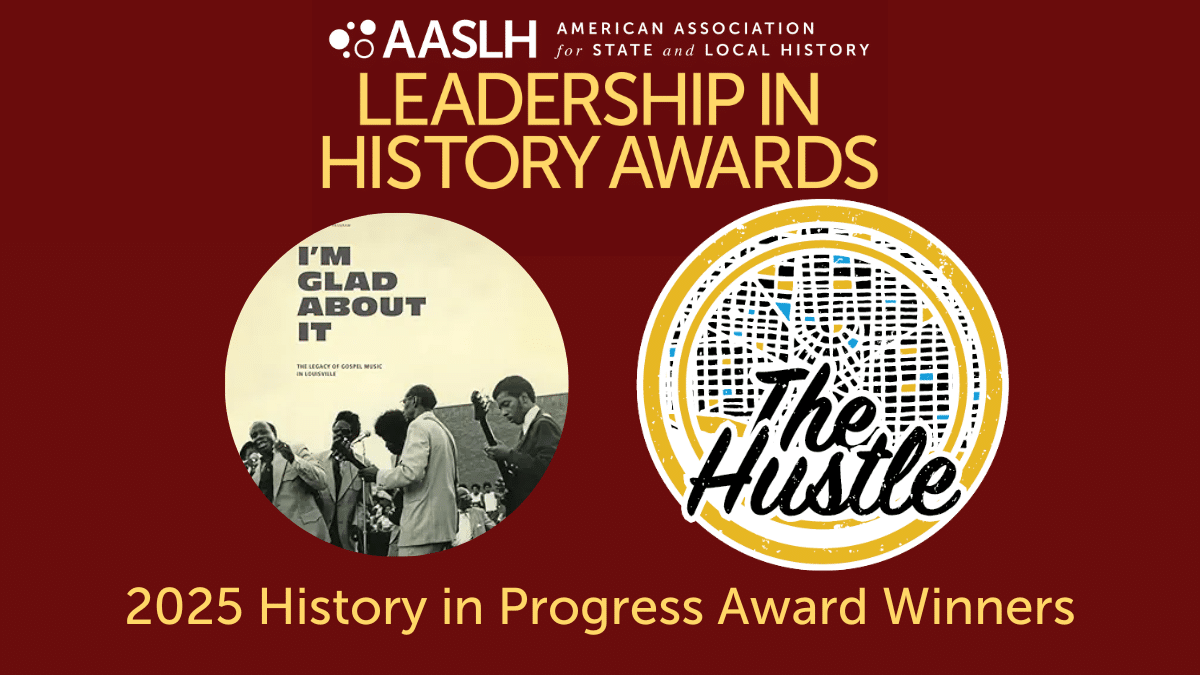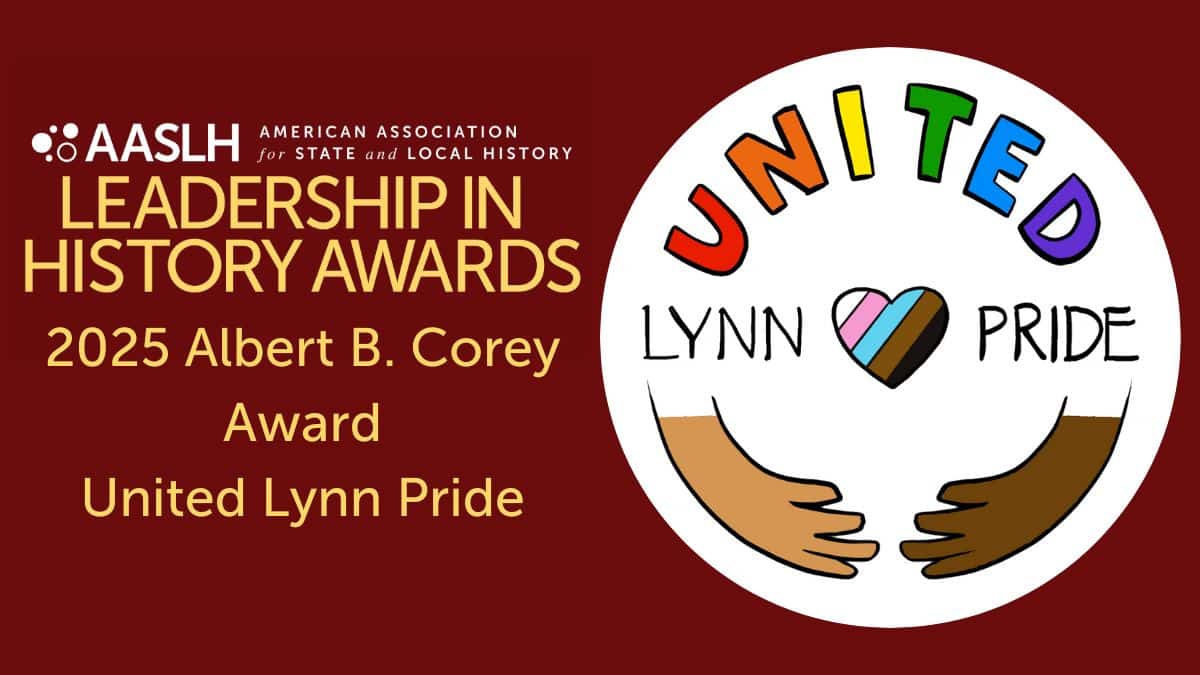
A volunteer-led tour at the Center for Colorado Women’s History at the Byers-Evans House in Denver, Colorado.
By Jacqui Ainlay-Conley, Chair, AASLH Small Museums Committee
Mary Alvarez, Office Manager at the Fulton Mansion State Historic Site in Rockport, Texas, is passionate when she talks about volunteers. “They mean a lot to the mansion, and to me, too. They keep us running. They’re our community and it’s important they know they are appreciated.”
She has been through a crisis before. In 2017 Hurricane Harvey made a direct hit on Rockport. For more than two years, operations at the site were disrupted while the Fulton Mansion underwent repairs. Some volunteers moved away, a few retired from volunteer work or redirected their efforts, but the majority hung tight with the site despite their own personal losses. The mansion fully re-opened in December 2019 and the staff was looking forward to hosting a volunteer appreciation luncheon in April, but that had to be cancelled due to the pandemic.
Mary is now leading a staff effort to put together gift bags for volunteers. Each “appreciation pack” will include a handmade mask, hand lotion, a packet of tissues, lip balm, and homemade cookies. She is also calling volunteers to see how they are doing and let them know what is going on at the site. She likes it because she knows that with stay-at-home orders people may be lonely right now. She reports, “The volunteers love it. They like to know we are thinking about them.”
Thanks to technology, there are many choices for communicating with volunteers. The challenge is finding the right method or combination of methods.
The Renton History Museum in Washington state is staying in touch with volunteers through emails and personal phone calls. In addition to checking in with volunteers, the staff is letting them know about the telework projects they are working on that will help move the museum forward. Nate Myers, a curator at the Chandler Museum in Arizona, has been texting with the dozen volunteers that work with him on collections. He makes a point of asking if they need anything. Even though no one has taken him up on his offer, he wants them to know he is willing to help.
Jillian Allison at the Center for Colorado Women’s History at the Byers-Evans House Museum in Denver, Colorado, has been working with a colleague to create a weekly email that includes an update from the museum; links to online learning opportunities; a spotlight on a Colorado woman of the week; an activity related to the house (like a tool for scripting their tours with photos and questions, tips for using inquiry-based learning on tours, or questions to ask visitors); and something not usually found in a volunteer newsletter: a wellness activity. In the email they ask for feedback or updates to share the following week. Check out a sample here.

Dawn Bechtol in the Fulton Mansion garden.
Museums have been following Colleen Dilenschneider and her data-based predictions on how COVID-19 will influence visitors at cultural entities at Know Your Own Bone. One of the four key findings is that “Cultural experiences that allow for a visitor’s relative freedom of movement—and particularly those that feature outdoor spaces—will likely benefit from increased demand.” This creates an opportunity for small museums that have outdoor spaces or gardens to capitalize on their assets. Volunteers can help and it’s good for them. Dawn Bechtol, normally a docent, has been tending to the Fulton Mansion garden since the site closed to the public. She goes alone every week to weed and trim, and finds it therapeutic. “I enjoy doing it. I work out a lot of issues when I garden. When working in the garden, I forget about what is going on around me and focus on the beauty. I have not missed a week since it started.”
During a time when museums are worrying about finances and budgets, it is important we don’t forget one of our greatest assets: volunteers. What specific steps is your organization taking to look after your volunteers? Please share them here in the comments or on AASLH’s Small Museums Forum.
Jacqui Ainlay-Conley is Chair of the AASLH Small Museums committee and also serves on the 2020 Annual Meeting program committee.
How is your institution coping with COVID-19? Share your ideas and experiments with the field on our blog. Email [email protected] to submit a blog post.



